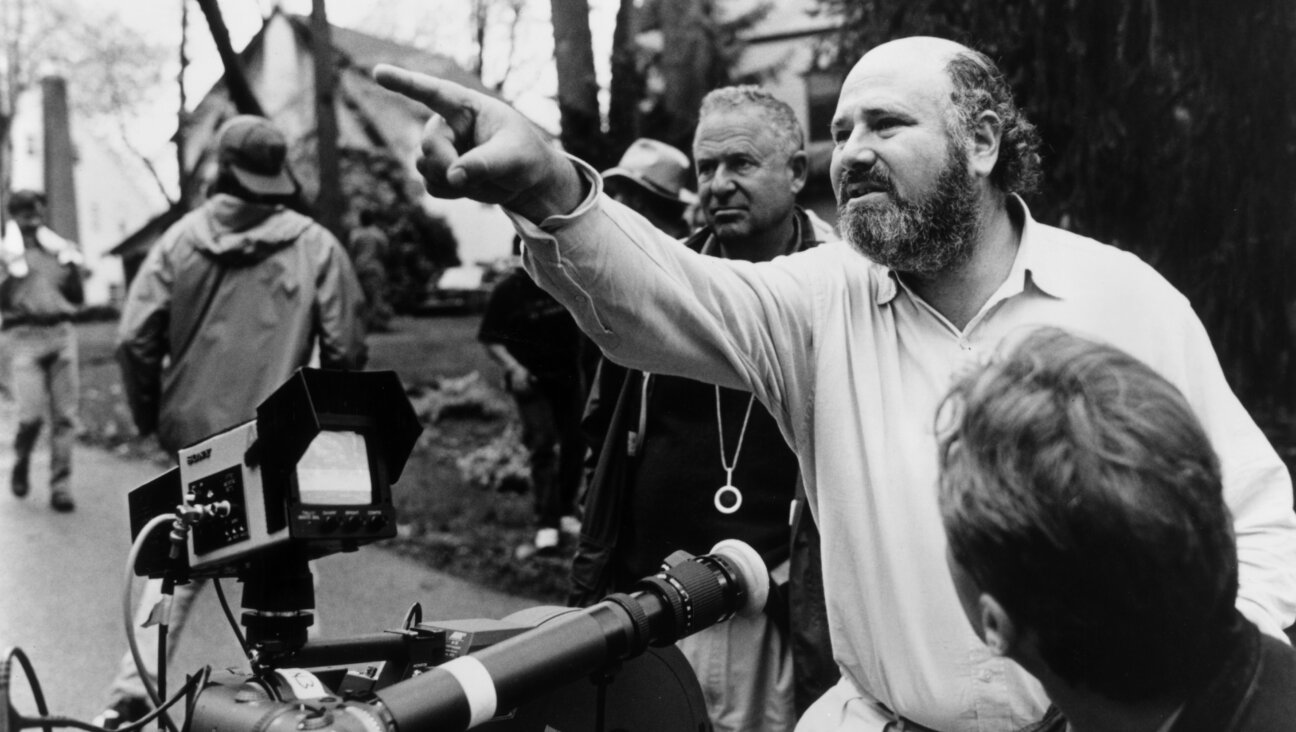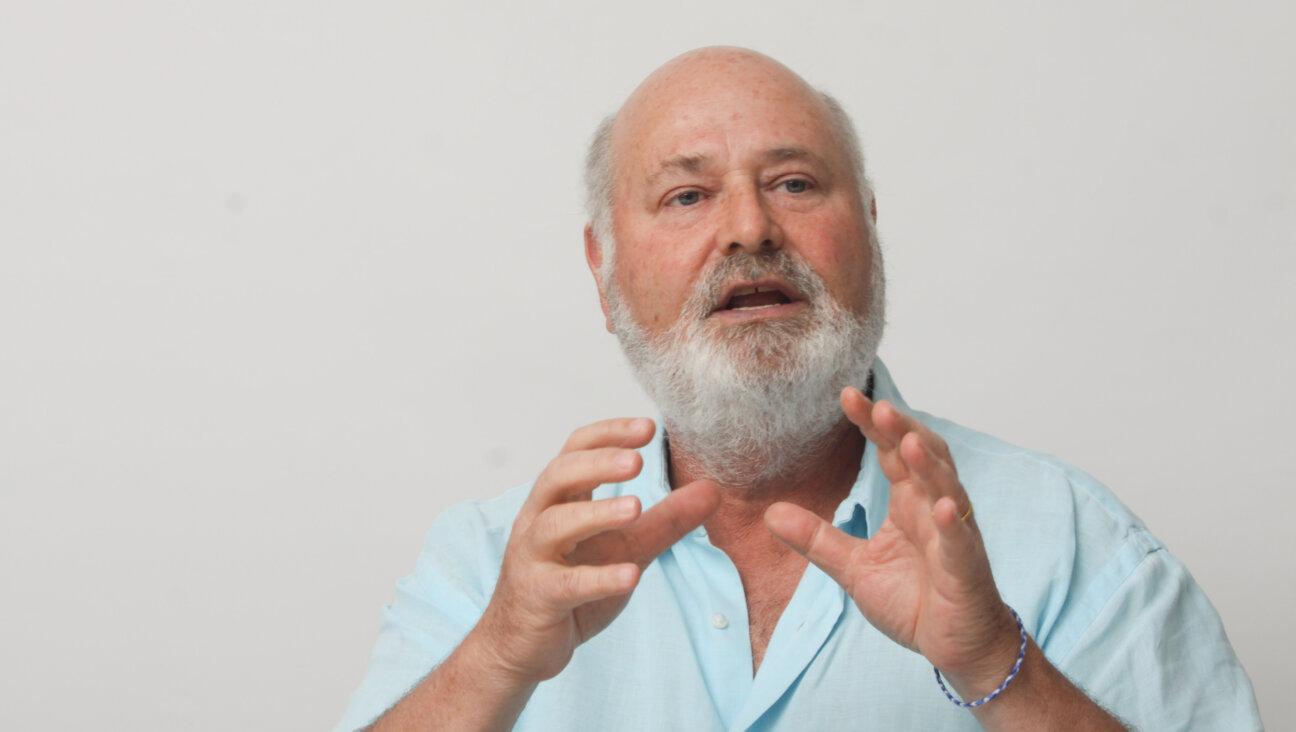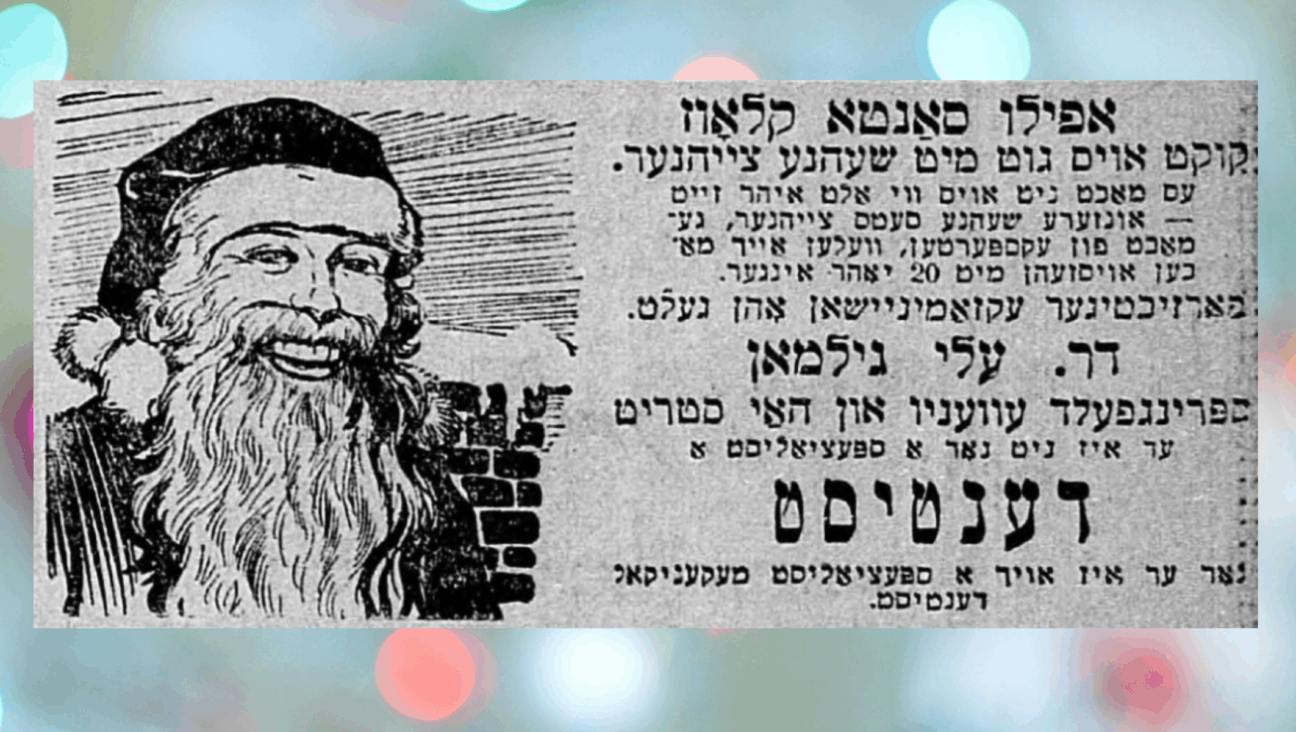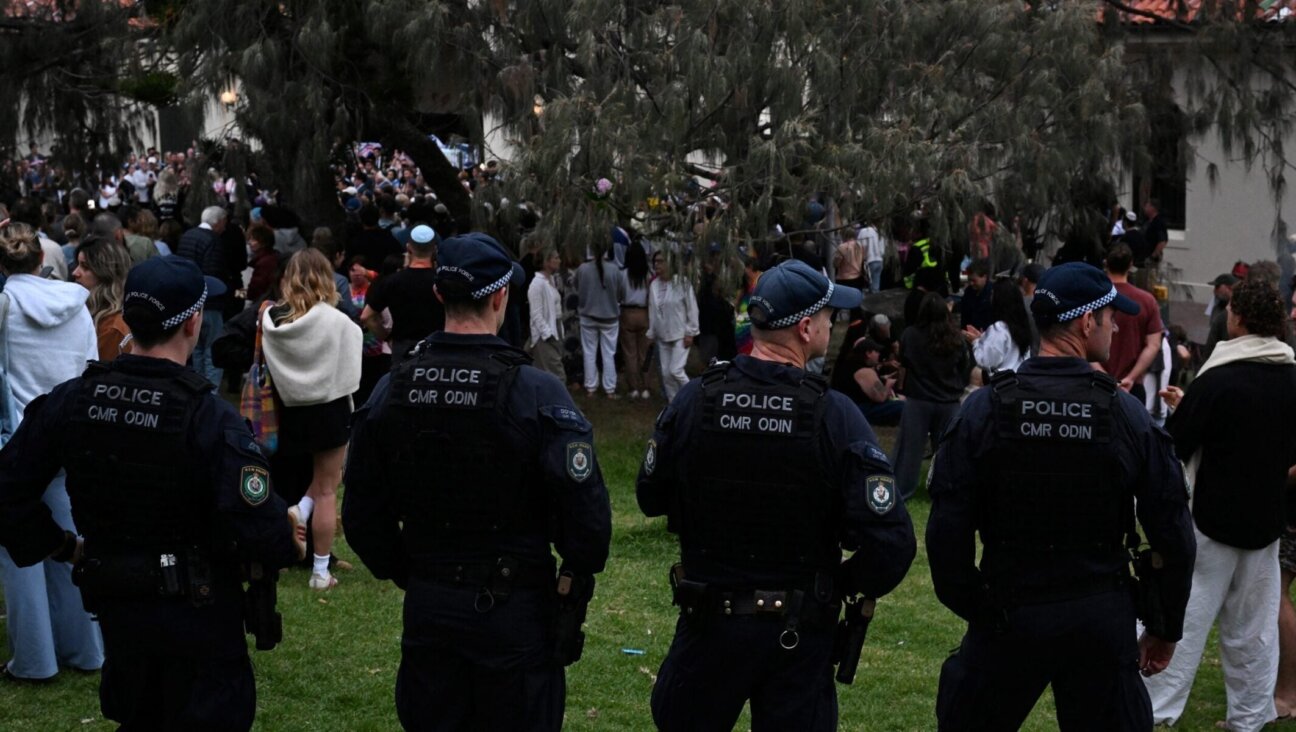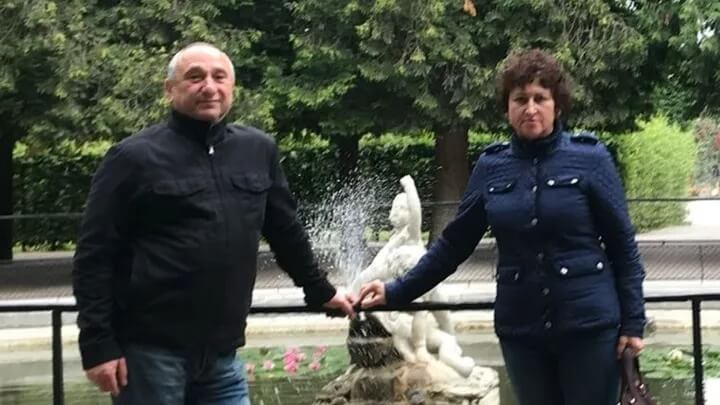Composing the Exile: Steve Bernstein’s Latest ‘Diaspora’ Album

Graphic by Angelie Zaslavsky
Not many musicians appear both on the experimental jazz scene and in Anheuser-Busch ads, but then again, trumpeter Steve Bernstein is not your average musician. A polymath with prodigious chops, Bernstein — who in addition to composing is an arranger for pop albums, children’s TV shows and movie soundtracks — has been gigging some 34 years (since he was 12), effortlessly journeying from one style to the next.
But even for this characteristically versatile musician, Bernstein’s latest jaunt has been uniquely peripatetic: In each of the four albums he has recorded for the Diaspora series on John Zorn’s Tzadik label, Bernstein has taken a traditional Jewish melody or harmonic pattern and fused it with a different modern musical style. “Diaspora Soul” fused traditional Jewish songs with Afro-Cuban beats and a New Orleans rhythm and blues band; in “Diaspora Blues,” Bernstein made transcriptions of cantorial melodies by legendary cantor Moshe Koussevitzky and arranged them for a jazz ensemble modeled after John Coltrane’s bands of the mid-1960s, and for “Diaspora Hollywood,” Bernstein’s arrangements paid tribute to the Jewish bandleaders and composers of the West Coast jazz scene.
Now, in his newest album, “Diaspora Suite,” released last month, Bernstein has returned to his Bay Area roots, with an ensemble modeled on the rock-jazz fusion bands of the 1960s and ’70s.
“That’s really the concept of diaspora; it’s going to other places and taking the tradition with you,” he said in a recent interview with the Forward.
In that sense, Bernstein’s well-named musical wanderings offer the argument that exile doesn’t have to be a bad thing. To wander is to be free, to experiment, to explore the world. Exile leaves room for innovation and discovery. (Indeed, one might note here, most of the major innovations in Judaism — the Ten Commandments, the Torah, the Talmud — emerged in exile.)
In “Diaspora Suites,” Bernstein’s peregrinations brought him back to the Bay Area, where he grew up. The band he has assembled includes friends he has played with since he was a middle-school student at Berkeley, as well as avant-garde guitarist Nels Cline (a member of the indie band Wilco) and clarinetist Ben Goldberg, one of the early innovators in modern klezmer music. They cut the album in Oakland, just minutes from Bernstein’s childhood home.
So it is somehow appropriate that the result is Bernstein’s loosest, most free-form, most wandering “Diaspora” album to date. Melodies bubble up and then disperse; seemingly disparate sounds suddenly coalesce into a groove, and then the groove breaks apart just as surprisingly. The songs — there are 12, named after the tribes of Israel — also shift in style. “Zebulon” starts off sounding like Charles Mingus, then shifts into Miles Davis-style fusion before drifting into an abstract, spacey jam. Aside from a jazz-funk version of the prayer “Yis may chu,” there are no recognizable tunes.
Some of the looseness came from how Bernstein structured the recording process, modeling the sessions after the directing style of the late Robert Altman. Bernstein had arranged the music for Altman’s 1996 movie “Kansas City,” during which time he became a great admirer of Altman’s willingness to entrust the actors with their roles and then turn them loose to improvise. The liner notes of the album offer a quote from the director, who died in 2006: “Truth is fluid and subject to change, if it’s nailed down it’s not truth anymore, it’s just one man’s opinion.”
To capture this spirit, Bernstein would begin the recording of each piece by handing the musicians a sheet of music. They would then run through the parts a few times, but once they understood their roles, Bernstein turned them loose to play, letting the piece unfold as it did. The group played each piece only once, and whatever the musicians played was what ended up on the album. The whole album was recorded in six hours (except for a few minor overdubs).
“They were all shocked,” Bernstein said. “We got done, and they were like, ‘That’s it?’”
Bernstein and the Diaspora Suite band will be playing two shows in New York at Jazz Standard on Sunday, February 10.
The Diaspora project started after Zorn had been pressing Bernstein for years to do an album for the Tzadik label. However, every time Bernstein came to him with an idea, Zorn rejected it. And Bernstein himself was ambivalent about recording an album of Jewish music. “I never wanted to be defined as a Jewish musician,” he said.
The breakthrough came when he realized that “Heveinu Shalom Aleichem” and the New Orleans jazz tune “St. James Infirmary” have the same melody.
“When I realized that, I said, Well I don’t have to be a Jewish musician. It can just be Jewish music and I’m playing it the way I play it.”
Bernstein approached Zorn with the idea of setting Jewish songs to New Orleans and Afro-Cuban rhythms. Zorn approved, and in 1999, Bernstein recorded “Diaspora Soul.” Since then, he has been exploring Jewish music, pushing and stretching it in new ways. “I want to say, ‘Okay, what happens to this music when we dress it up in those clothes?’” he said. “The idea is allowing this music to keep growing and living, making it a living music.”
In the wake of the success of “Diaspora Soul” and the subsequent albums, Bernstein and his various incarnations of the band began to tour around the world. He has played his music in a pub in Cork, Ireland; in what he is sure was once a Nazi hotel in Bavaria, and, most recently, in the Kremlin.
As Bernstein tours the world, the music has become increasingly natural to him. “It’s become a part of my vocabulary, just like Duke Ellington or Otis Redding or Louis Armstrong is part of my vocabulary,” he explained. “So when I wrote this music, all I had to do was tap into it. It wasn’t even a stretch.”
And although he still considers music his religion, he’s also become more comfortable with the idea of being a Jew: “I always feel like a jazz musician’s job is to create the music in their own image. And the older you get, it becomes clear who you are. And as I’m getting older, well, it’s obviously a part of who I am.”
Anthony Weiss is a staff reporter for the Forward.
